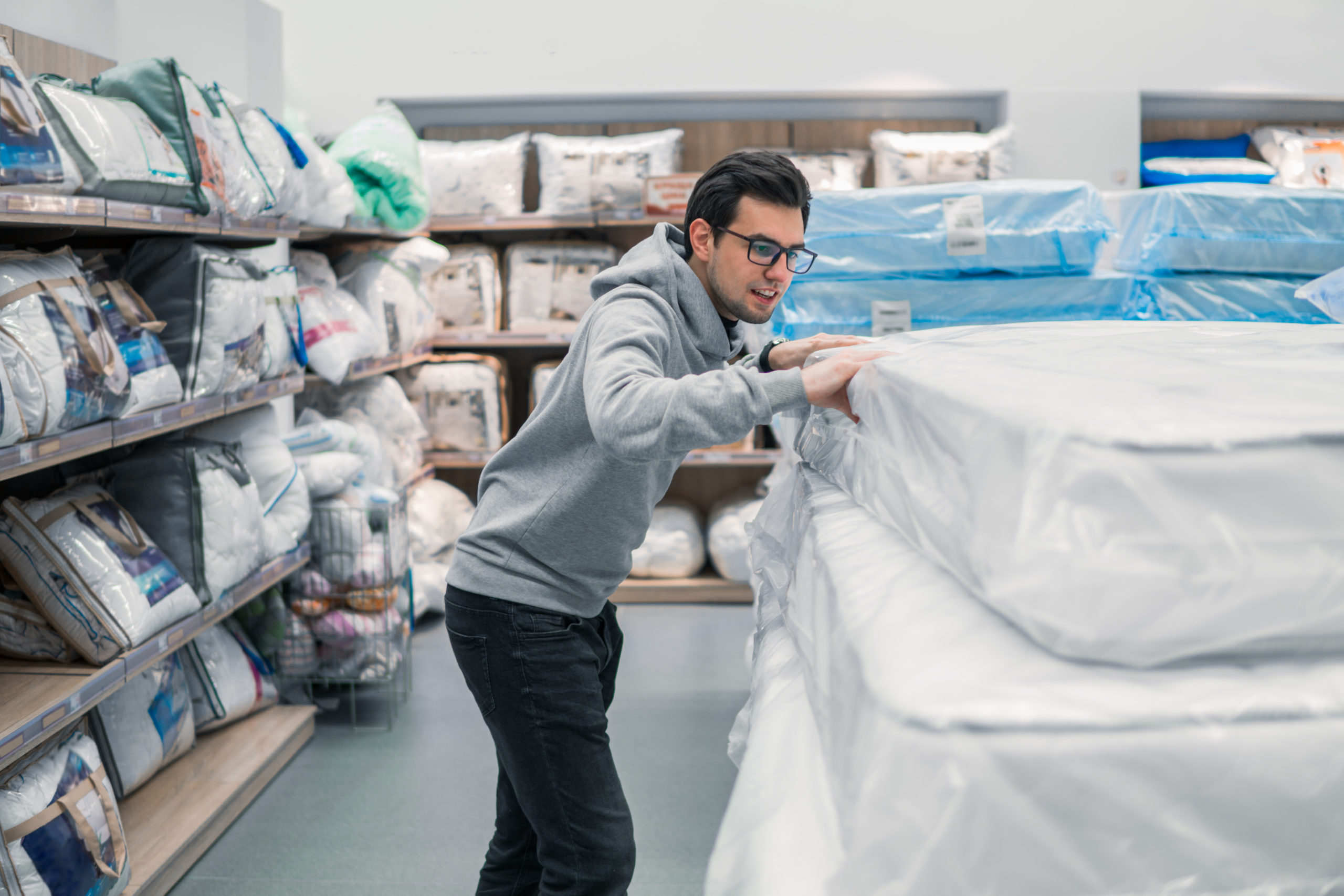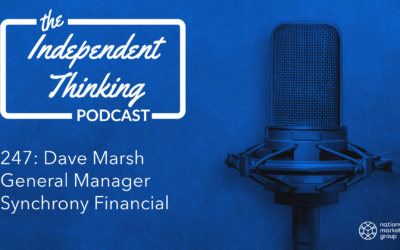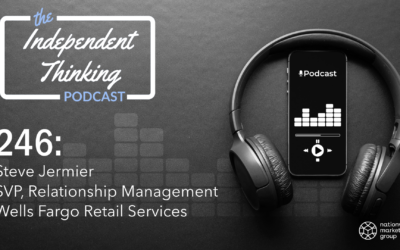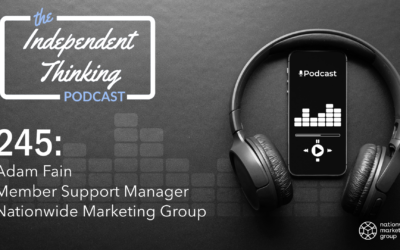In the wake of the pandemic-driven disruptions through 2020 and 2021, the retail industry hoped that 2022 would bring a return to something close to normalcy. Unfortunately, the instability in the geopolitical environment and the sharp rise in interest rates and cost of living continue to put pressure on growth around the globe.
The IMF has warned us that 2023 is going to be tougher than the year we have left behind as the three big economies — US, Europe and China – have been simultaneously experiencing slowing economies. Although consumer demand is weakening, Canada and the US are showing more resilience and while they may avoid an outright recession, they will experience stagnation this year.
Dealing With a Spending Retraction
Faced with waning consumer demand and the expected retraction in consumer spending this year, Independent retailers need to find ways to continue selling the products that consumers want and need, while recognizing that discretionary spending is bound to be affected. A tricky balance, for sure, but achievable, nonetheless.
Look for cost savings in your supply chains that do not affect service. Find ways to better collaborate with your suppliers and manage aging stock. Communicate with your customers in a more personalized manner by selling value and choice in the categories that truly matter to them, while staying competitive in your markets. Value is essential to cost-conscious consumers and though price is key, product quality and service are equally important considerations when offering deals and promotions.
Ensuring a Seamless Hybrid Retail Strategy
The pandemic gave e-commerce a huge push, accelerating online sales by three to five years according to some industry pundits. By 2022, however, things shifted again as shoppers began to return to physical stores. Online sales as a percentage of total retail sales in several markets steadily declined and rising ad costs and the subsequent higher cost of customer acquisition are challenging the e-commerce performance of many brands and retailers. Nonetheless, e-commerce is well entrenched and remains an essential research tool for both in-store and online shoppers.
For Independent retailers, this predictable rebalancing of e-commerce with physical stores after such rapid growth is an opportunity to get back to basics. With in-person shopping back in vogue, live selling is as effective – and as crucial – as ever. Stores have reported that customers return five times per month in response to live selling, compared to three or four times per year for the average e-commerceonly retailer. Growing, nurturing and fostering a relationship-based community with customers via live selling can vastly improve your retention and revenue metrics. Since acquisition has become harder and more expensive every year, customer retention and loyalty should be top of mind.
All this highlights the importance of a hybrid retail strategy that seamlessly combines e-commerce with a strong bricks-and-mortar presence.
Dealing With a More Competitive and Evolving Retail Job Market
Despite economic stresses, the Canadian and US labour markets are still going strong. While unemployment rates have risen slightly, job growth has remained robust, and wages continue to climb. The Washington Post reported that about 70 percent of retail job openings in the US are vacant and will likely remain so for some time yet.
If hiring is a concern, review your salary and benefits packages to make sure they are competitive. Consider offering benefits such as flexible work schedules to attract employees. Competitive compensation and benefits may be more expensive but the payoff for your business is worth the cost because the right employees can transform your store, build customer loyalty and keep your operation profitable.
The challenge, of course, is to retain great staff, so make sure your company culture, management style, training programs, etc. motivate and engage them so they are happy to stay.
Technology can help you deal with some of these labour challenges by automating and streamlining your operations to reduce manual work. Integrating your tools and systems will enable you to minimize administrative work and save time.
Succession planning should also be on your radar. The current generation of retail leadership is retiring in large numbers. This attrition will likely continue into the next two decades, accounting in part for the projected shedding of over a half-million retail jobs (in the United States) from 2020 to 2030, the most of any sector.
Unlike in decades past, you probably will not have the luxury of a long grooming process. Succession planning must be more proactive, with an accelerated timeline for skill building and incentives to retain highpotential talent.
The Future of Retail is Still Bright
Despite these challenges and the need to rebalance your business in consequence, the future of retail is still bright for customer-centric Independent retailers who continuously improve their operations and find ways to do more with less.
Your Cantrex team is always here for you. We have the marketing and digital tools to help you enhance your customers’ hybrid shopping experience, attract and retain more customers, increase sales and boost your profitability.




